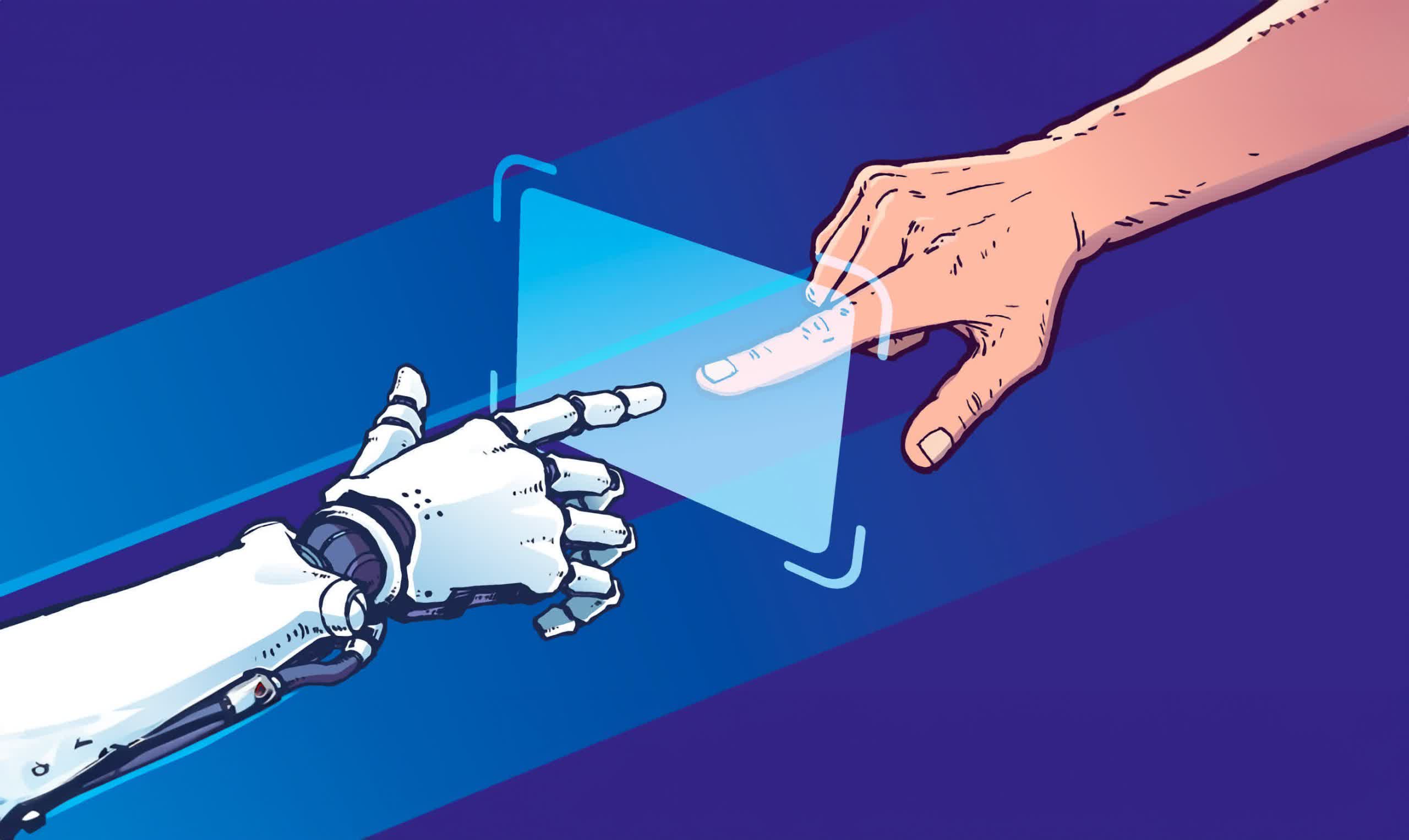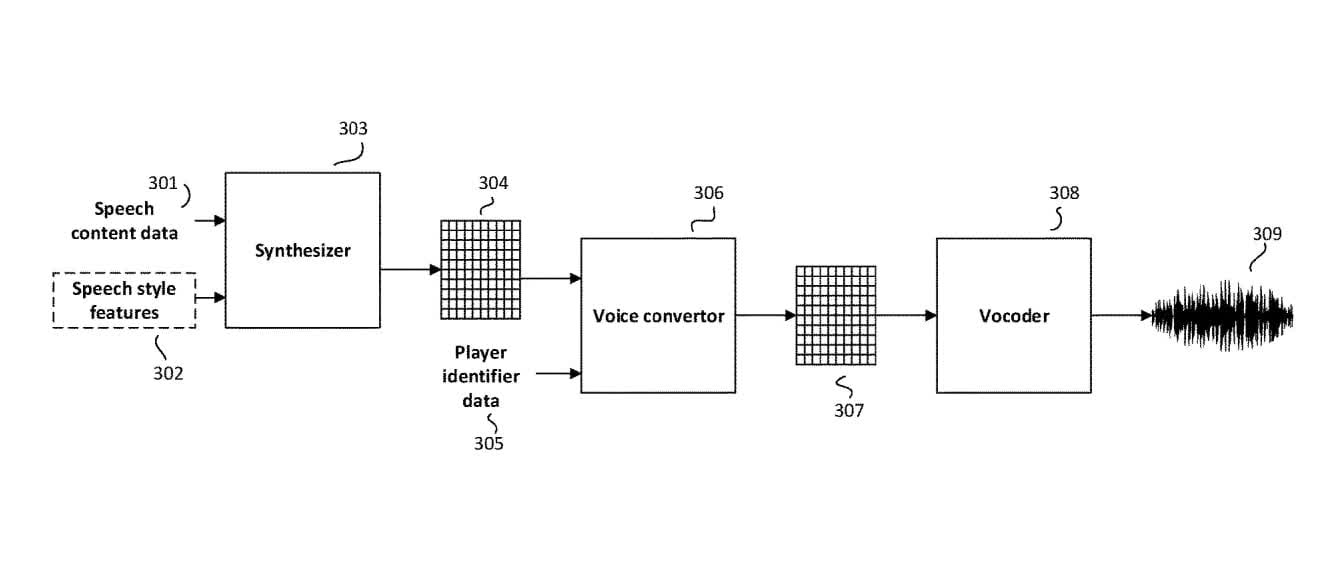Something to look forward to: EA's latest innovation could allow players to use their own voices and bring in-game characters to life, potentially enhancing the immersive experience of gaming. However, it also raises questions about the future of voice acting and the authenticity of game narratives.
Electronic Arts is venturing into new realms of player engagement with a new patent that enables players to voice their in-game characters by generating speech "in the voice of a player of a video game."
As reported by VeryAli Gaming, adding a new dimension to gaming immersion, the patent describes a sophisticated system to generate speech audio in the player's voice, capturing unique personal nuances, including tone, emotions, and emphasis.
The input data can be in text form, allowing players to type out the dialogue for their character. This approach is more versatile compared to traditional methods requiring extensive recorded speech data. While the technology promises to deliver a more immersive gaming experience, it also raises questions about the future role of voice acting in video games and the authenticity of game narratives.
The integration of AI in voice acting within the gaming industry, as seen with EA's recent patent, is a double-edged sword. While it could offer fascinating possibilities, like reducing the need for extensive speech data during development, it also raises concerns about authenticity as questions loom over whether AI can truly capture the nuances of human emotion.
The human cost of this advancement is also worth noting, with its potential impact on the voice-acting industry. The technology does have its merits though, as demonstrated by CD Projekt's respectful use of AI to replicate a late actor's voice in Cyberpunk 2077.
But gaming isn't the only space where voice AI is making waves. As Apple CEO Tim Cook revealed this week, the company's latest speech accessibility feature dubbed Personal Voice enables users to preserve their voice on their devices. This means that even if they can no longer speak, they can still communicate in a voice that sounds like their own.
For those at risk of speech loss, we've made it possible to preserve your voice on your devices so even if you can no longer speak, you can still sound like you. It's remarkable to see the experiences this technology helps preserve, while also protecting your privacy. pic.twitter.com/Vir3VQbhOA
– Tim Cook (@tim_cook) November 30, 2023
Personal Voice, along with Live Speech, which allows users to type what they want to say and have it spoken aloud, adds a new dimension to speech accessibility. As highlighted by Apple, for individuals like Tristram Ingham, a physician and disability advocate, these tools offer more than just the ability to speak; they provide a way to maintain one's unique vocal identity in the face of potential speech loss.

